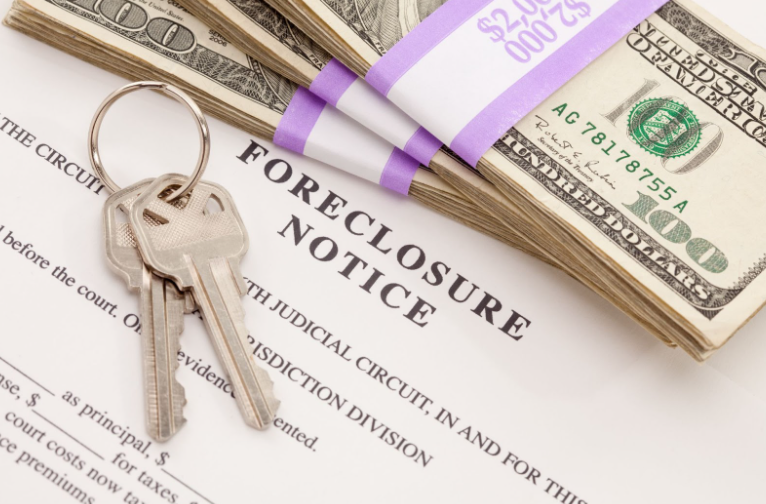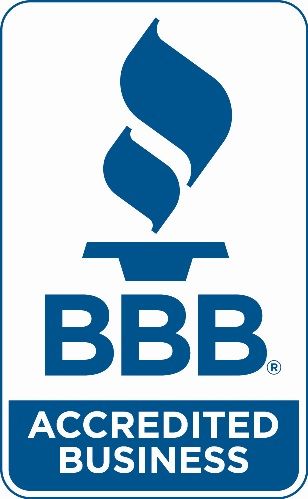Options for Homeowners: Avoiding Mortgage Default and Foreclosure
Many homeowners face the risk of mortgage default and foreclosure, which can be a daunting and stressful experience. There are several effective options available to help avoid these challenges. By exploring different strategies, homeowners can find ways to keep their homes and maintain financial stability. Understanding these options can provide relief and prevent the loss of a valuable asset.
Understanding the Risk of Mortgage Default
Mortgage default occurs when a homeowner fails to make scheduled loan payments, breaching the terms of the mortgage agreement. It typically happens after a payment is 90 days overdue, but the exact timing can vary based on the lender's policies. The consequences of defaulting on a mortgage are severe and can include foreclosure, where the lender takes possession of the property to recover the unpaid loan amount.
Recognizing the early signs of financial distress is crucial in avoiding potential mortgage issues. These signs might include struggling to pay monthly bills on time, using credit cards for necessary expenses, or dipping into savings to cover everyday costs. Addressing these signs early can lead to proactive steps, such as budget adjustments or seeking financial advice, to prevent default.
The Impact of a Mortgage
It includes long-term damage to credit scores, making future borrowing more difficult and expensive. A default typically remains on a credit report for up to seven years, significantly lowering the score. This decrease can affect the ability to obtain new loans, secure housing, or even impact employment opportunities in some cases. It can lead to higher interest rates on future loans and credit cards, adding financial strain.
Overall, understanding the risks and consequences of mortgage default is essential for homeowners. Recognizing early warning signs and understanding the potential impact on credit and future borrowing abilities are key steps in managing mortgage commitments responsibly and avoiding financial pitfalls.
Exploring Loan Modification and Refinancing
Loan modification offers a pathway for homeowners to adjust the terms of their mortgage, making it more manageable to keep up with payments. This process can result in lower interest rates, extended payment periods, or even principal reduction. Homeowners facing temporary financial hardships, such as job loss or medical bills, often find loan modification to be a suitable option. The qualifications for a loan modification include proving financial hardship, being behind or at imminent risk of falling behind on mortgage payments, and demonstrating the ability to maintain payments under the modified terms.
Refinancing, on the other hand, involves taking out a new loan to pay off the existing mortgage. This can be a strategic move when interest rates are lower than the homeowner’s current rates, potentially leading to reduced monthly payments, shorter loan terms, or access to equity. To qualify for refinancing, homeowners generally need good credit, stable income, and sufficient equity in their home. While refinancing can offer financial relief, it also comes with costs such as application fees, appraisal fees, and closing costs.
Comparing loan modification to refinancing highlights critical considerations. Loan modification is best suited for homeowners facing financial difficulties, offering a way to avoid foreclosure. Refinancing, meanwhile, is geared towards homeowners with stable finances looking to benefit from better borrowing terms. Both options have their merits, but the choice depends on the homeowner's specific financial situation and goals.
Investigating Government Assistance Programs
For homeowners in distress, government-backed mortgage relief programs like the Home Affordable Modification Program (HAMP) and the Home Affordable Refinance Program (HARP) have provided lifelines. These programs are designed to help those at risk of foreclosure by making their mortgages more affordable. Eligibility criteria vary but generally include proving financial hardship and meeting certain loan and property requirements.
The Pros and Cons of Cash Sales
Selling a home for cash to companies like Billings Homebuyers presents a quick and straightforward exit for homeowners facing financial distress. Cash sales eliminate traditional selling hassles, such as waiting for the buyer's loan approval or conducting home repairs. These advantages come at the cost of typically receiving less than the market value of the property.
While cash sales offer immediate financial relief, homeowners must weigh the rapid benefits against the potential loss of their home’s full value. Testimonials from homeowners who've gone this route often reflect mixed feelings--relief at the immediate financial resolution but some regret over the rapid home value loss.
Homeowners struggling with their mortgage have several avenues to explore before considering foreclosure. Whether through loan modification, refinancing, government-assisted programs, or cash sales, each option provides different benefits and drawbacks, tailoring to various needs and situations.
Making an Informed Decision: Staying or Leaving
Deciding whether to stay in your home or leave in the face of financial distress is a significant decision that homeowners may face. This closing portion of our guide aims to shed light on factors to consider, the emotional and psychological impacts, and steps towards the future after making such a crucial decision. Financial instability can make it feel like foreclosure is the only way out. The decision to stay in your home or leave goes beyond mere numbers on a spreadsheet. It involves deeply personal factors including the emotional attachments you have to your home, the impact on your family, and the feasibility of starting anew. For many, a home is not just a property but a place full of memories and milestones.
Evaluating the possibility of letting go requires weighing the emotional toll against the potential for a more stable financial future. In cases where staying is not viable, planning for what comes next is crucial. Rebuilding after a financial setback may seem daunting, but it is entirely possible with careful planning and the right guidance. This involves setting realistic budgeting goals, potentially renting for a period to save money, and rebuilding your credit score to position yourself for future homeownership.
For those who decide to stay, it's important to proactively engage with lenders or financial advisors to navigate the terms of any loan modification or refinancing deal. Staying informed and involved in the process is key to maintaining ownership and avoiding potential pitfalls down the road. Remember, making these decisions is not something you have to do alone. Seek advice from trusted financial advisors, housing counselors, and even friends or family who have faced similar decisions. There are also community resources and nonprofits that can offer guidance and support during these trying times.
Facing mortgage distress requires a careful assessment of your financial situation, a clear understanding of the available options, and a thoughtful consideration of both the financial and emotional aspects of either staying in or leaving your home. With the right approach, it’s possible to navigate this challenging situation and move towards a more secure financial future, whether that’s in your current home or a new beginning elsewhere.
Protect your home and financial future by exploring your options to avoid mortgage default and foreclosure. Understanding your choices can make a significant difference. For expert advice and tailored solutions,
contact Billings Homebuyers.












